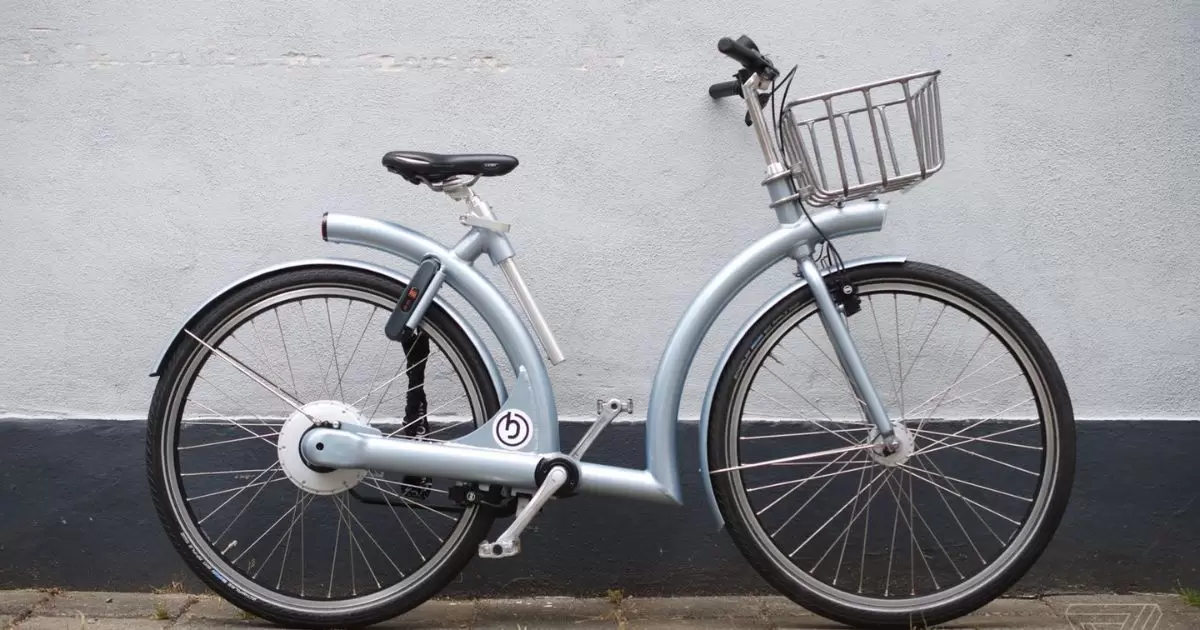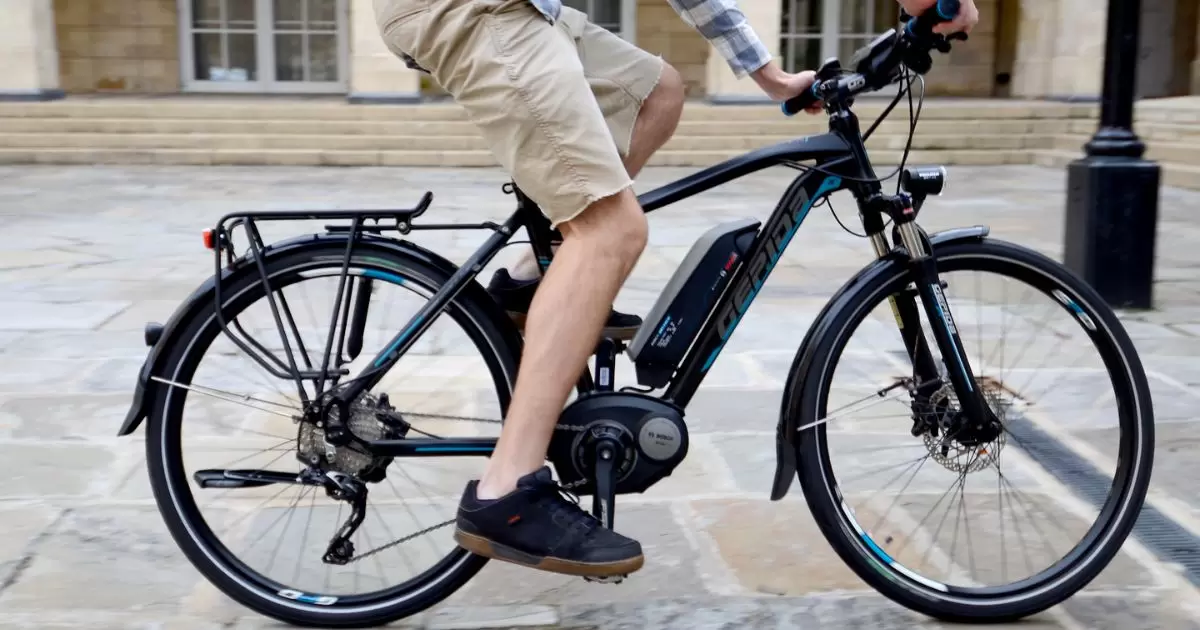Are you considering hopping on an electric bike for your daily commute or weekend adventures? Before you take off, it’s important to understand the legal requirements for riding an electric bike.
In this informative article, we will explore the licensing regulations for electric bikes in the USA, state-specific laws, age restrictions, helmet requirements, and much more. Whether you’re a seasoned rider or new to the world of e-bikes, this article will provide you with the authoritative information you need to ride safely and legally.
Licensing Requirements for Electric Bikes in the USA
Discussing the licensing requirements for electric bikes in the USA is essential for understanding the legal obligations riders must adhere to. Unlike traditional bicycles, electric bikes may require a license depending on their specifications and the state in which they are being operated. It is important to note that while some states do not require a license for e-bikes, others may have specific rules and regulations that riders must follow. Now let’s delve into the state-specific electric bike license laws.
State-Specific Electric Bike License Laws
Examining the state-specific electric bike license laws is crucial for understanding the varying regulations and requirements imposed by different states. These laws determine whether riders need a license to operate electric bikes and what type of license is required.
While some states do not require a license for electric bikes, others may require a regular driver’s license or a specific electric bike license. It is important to familiarize oneself with the license requirements in their state to ensure compliance with the law.
Age Restrictions for Riding Electric Bikes
With regards to riding electric bikes, it is essential to be aware of the age restrictions imposed by regulatory authorities. Age restrictions for riding electric bikes vary depending on the jurisdiction. In some areas, there are no specific age restrictions, while in others, riders must be a certain age to operate an electric bike.
It is important to check with your local authorities to determine the age requirements for riding electric bikes in your area. Remember, adhering to these age restrictions ensures safety and compliance with the law.
Helmet Requirements for Electric Bike Riders
Electric bike riders must wear helmets to ensure safety and reduce the risk of head injuries. It is important for electric bike riders to adhere to helmet requirements to protect themselves in case of accidents.
Helmet requirements for electric bike riders vary depending on local regulations, but generally, riders are required to wear helmets that meet safety standards. Some key points to consider regarding helmet requirements for electric bike riders include:
- Helmets must be worn at all times while riding an electric bike.
- Helmets should fit properly and be fastened securely to provide maximum protection.
- Helmets should meet safety standards and have proper certification labels.
- Failure to comply with helmet requirements may result in fines or penalties.
- It is recommended for electric bike riders to choose helmets with additional safety features such as MIPS (Multi-directional Impact Protection System) or integrated LED lights.
International License Requirements for Electric Bikes
Most countries have specific license requirements for riding electric bikes, making it important for riders to familiarize themselves with the international regulations. When it comes to international license requirements for electric bikes, they can vary from country to country.
Some countries may require riders to have a valid driver’s license, while others may have separate licenses specifically for electric bikes. Additionally, certain countries may also have specific registration requirements for electric bikes. It is advisable for riders to research and adhere to the international license requirements of the country they plan to ride in.
Understanding E-Bike Definitions and Classifications
To fully comprehend the regulations surrounding electric bikes, it is crucial to understand the definitions and classifications of e-bikes. This will help in navigating the e-bike legislation more effectively. Here are the key points to consider:
- Definitions:
- E-bikes are bicycles equipped with an electric motor that assists with propulsion.
- They typically have a maximum speed limit and power output regulated by law.
- Classifications:
- Different countries may have different classifications for e-bikes based on factors such as motor power, speed, and pedal assistance levels.
- These classifications determine where e-bikes can be ridden and whether a license or registration is required.
E-Bike Laws in National Parks and Public Trails
One important aspect to consider when riding an electric bike is the regulations governing their use in national parks and public trails. E-bike laws vary depending on the specific park or trail, but generally, they aim to ensure the safety of all users and protect the natural environment. Some parks may allow e-bikes on certain trails, while others may have restrictions or completely prohibit their use.
It is important to familiarize yourself with the specific e-bike laws in the national park or public trail you plan to ride on. Understanding these regulations will help you have a smooth and enjoyable experience while respecting the rules set in place. Transition: Now that we have covered the e-bike laws in national parks and public trails, let’s move on to discussing insurance considerations for electric bike riders.
Insurance Considerations for Electric Bike Riders
When it comes to riding an electric bike, it is important to consider the insurance implications and the coverage options available to riders. Insurance for electric bikes is not mandatory in most places, but it is highly recommended. Here are some key insurance considerations for electric bike riders:
- Liability insurance: This covers any damage or injury caused to others while riding your electric bike.
- Theft and damage insurance: This provides coverage in case your electric bike is stolen or damaged.
Having proper insurance can give riders peace of mind and financial protection in case of any unfortunate incidents.
Exploring Different E-Bike Regulations by State
Each state in the United States has its own set of regulations regarding the use of electric bikes. These regulations typically cover areas such as registration, classification as a motor vehicle, and compliance with specific e-bike laws.
It is important for electric bike riders to familiarize themselves with the regulations in their state to ensure they are in compliance and can safely and legally operate their e-bike on public roads. It is advisable to consult the relevant state authorities or local transportation department for detailed information on e-bike regulations in your area.
Benefits of Riding an Electric Bike
Exploring the many advantages of riding an electric bike can provide valuable insights into the benefits it offers for individuals and the environment. Some of the benefits include:
- Convenience and Accessibility:
- No need for a driver’s license or registration.
- Easier and cheaper parking compared to cars.
- Health and Fitness:
- Provides low-impact exercise.
- Assists those with limited mobility to stay active.
Electric bikes offer a greener and more efficient transportation option, while also promoting physical well-being and accessibility for a wide range of individuals.
Frequently Asked Questions
What Are the Different Types of Electric Bikes Available in the Market?
There are several types of electric bikes available in the market. These include city electric bikes, which are designed for urban commuting with features like fenders and lights. Mountain electric bikes are built for off-road adventures with rugged tires and suspension systems.
Are There Any Restrictions on Where Electric Bikes Can Be Ridden?
There may be certain restrictions on where electric bikes can be ridden, depending on local laws and regulations. These restrictions can vary from city to city or even within different areas of the same city.
How Fast Can an Electric Bike Go?
Electric bikes vary in speed depending on the model and type. Some electric bikes have a top speed of around 20 mph, while others can reach higher speeds of up to 28 mph or even more.
Are There Any Safety Concerns Specific to Electric Bikes?
Safety concerns specific to electric bikes include the potential for higher speeds compared to traditional bicycles, which may increase the risk of accidents. Additionally, the weight and power of electric bikes can affect maneuverability and stopping distances, requiring riders to be more cautious.
Can Electric Bikes Be Used for Commuting or Long-Distance Travel?
Electric bikes are increasingly being used for commuting and long-distance travel due to their convenience and eco-friendliness.
Final Thoughts
It is important to understand the licensing requirements for riding an electric bike in the USA. State-specific laws, age restrictions, and helmet requirements vary, so it is crucial to familiarize oneself with the regulations in the respective state.
Additionally, international license requirements and insurance considerations should be taken into account for those planning to ride electric bikes abroad. By adhering to these regulations, individuals can enjoy the benefits of riding electric bikes while ensuring safety and compliance with the law.

I’m passionate electric scooter enthusiast and the voice behind this blog. I’m here to share my expertise and insights with you. From in-depth reviews to problem-solving guides, my goal is to help you make the most of your electric scooter experience.













![Gomyfinance.com Invest: I Made $5,000 in My First Month [Real Results 2025]](https://electopolo.com/wp-content/uploads/2025/05/Gomyfinance.com-Invest-I-Made-5000-in-My-First-Month-Real-Results-2025-150x150.jpg)


